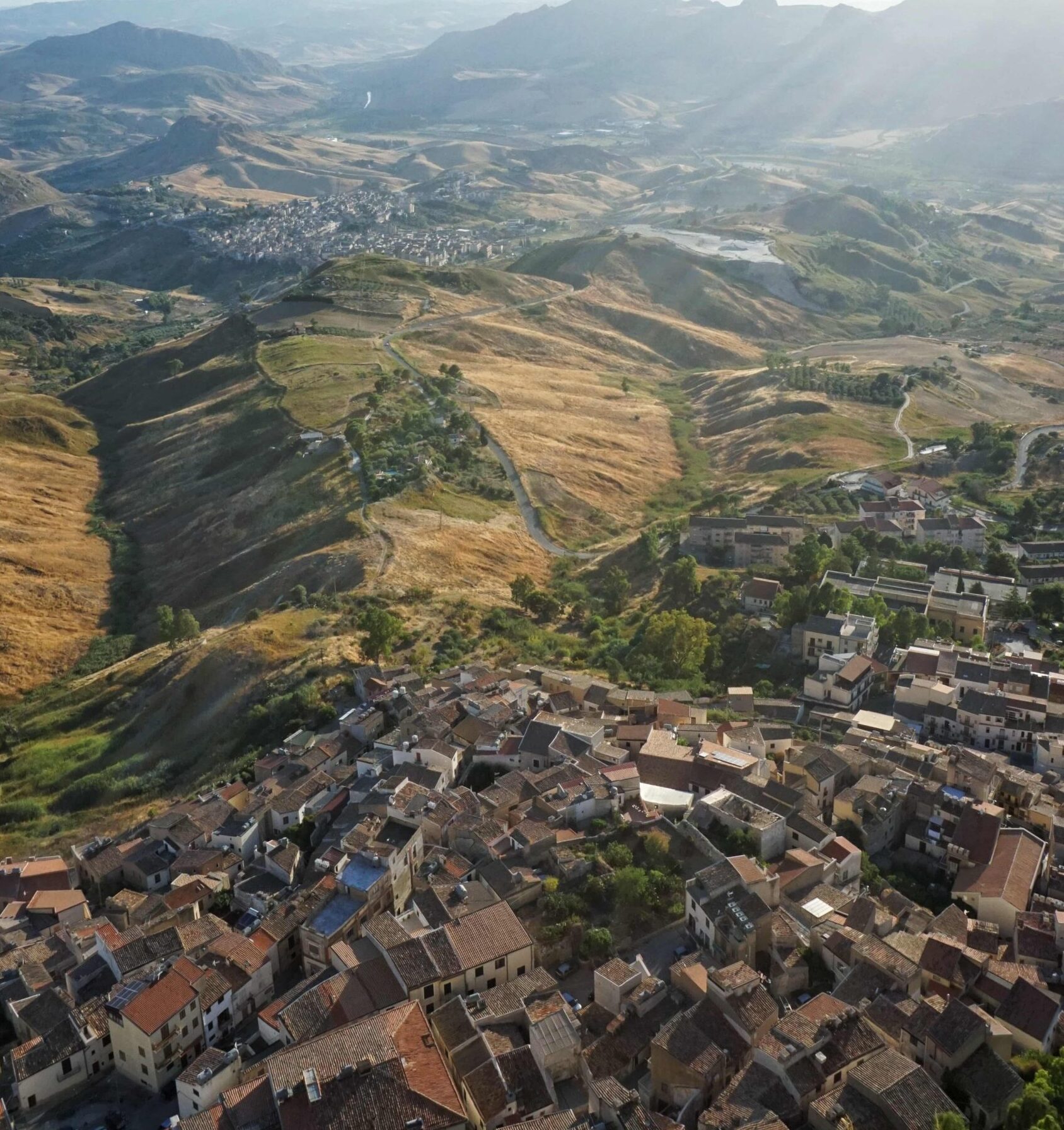
Integrated Urban Regeneration in Practice
Organised with the Spanish Ministry of Transport, Mobility and Urban Agenda (MITMA).
Urban regeneration, especially in deprived neighbourhoods, has been recognised as a vital priority for long-lasting sustainable development of cities and a tool in the fight against social inequalities.
Different documents, such as The Urban Agenda for the EU, the New Leipzig Charter, the Toledo Declaration as well as the Cohesion Policy, address this issue with a specified action plan and instruments allowing cities to assume a leading role in designing their urban regeneration strategies in an integrated manner. Adopting a comprehensive perspective to urban and spatial development, this Policy Lab accommodated a knowledge exchange on integrated urban regeneration. The interventions from three different European cities and Spanish experiences set the stage for a fruitful exchange of best practices, providing precious insights to municipal as well as national policymakers. What are the most effective strategies for promoting neighbourhood revitalisation? What is the role of public authorities and how did the introduction of instruments like the ‘neighbourhood managers’ and ‘urban marines’ improve these processes?
Related Activities
More articles

Federica Risi on… Localising the SDGs in cities...
Federica Risi on… Locali...
Federica Risi on… Localising the SDGs in cities
In the second audio edition of Urban Voices, the EUKN Policy and Project officer, Federica Risi, discusses the benefits and details of localising the sustainable development goals in urban areas.

Thomas Schwab & Nathan Crist on… the Twin Transition and the future o...
Thomas Schwab & Nathan Cr...
Thomas Schwab & Nathan Crist on… the Twin Transition and the future of EU Cohesion
Thomas Schwab & Nathan Crist from the Bertelsmann Stiftung relay research findings on what the Twin Transition means for regional disparities and EU cohesion.











